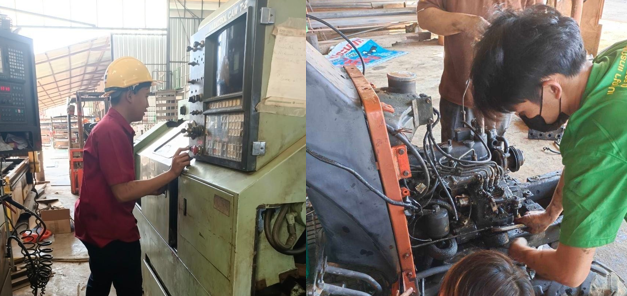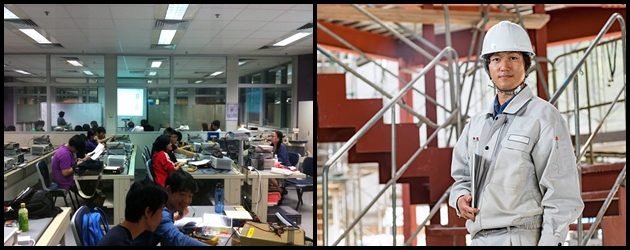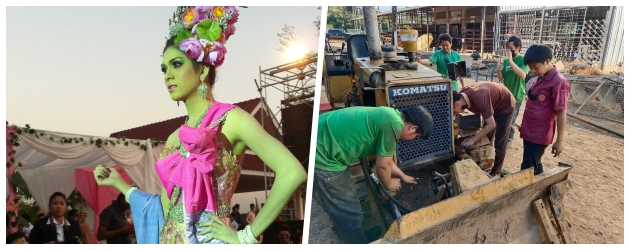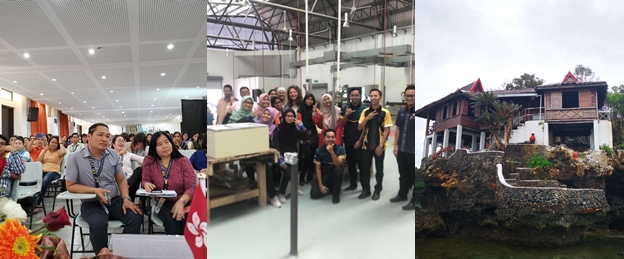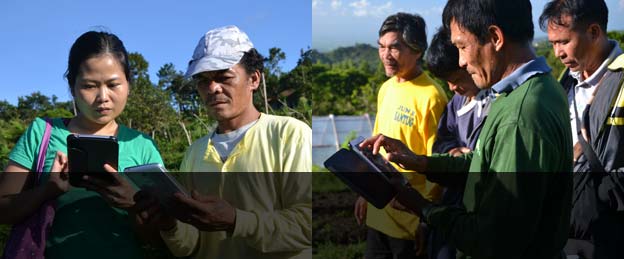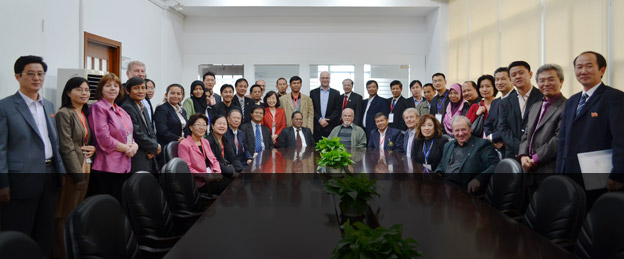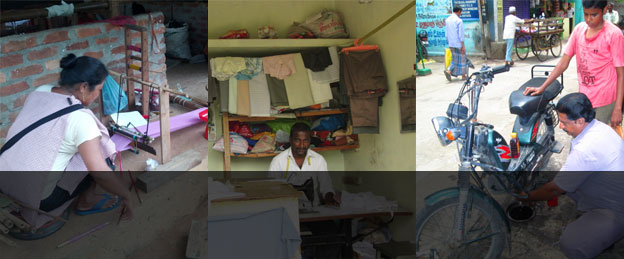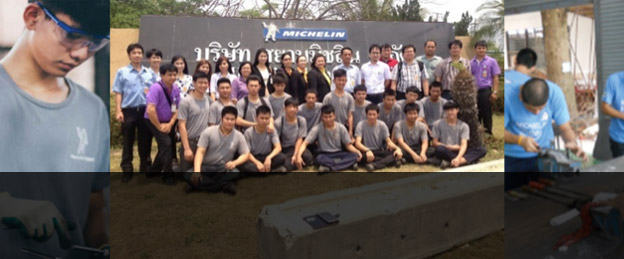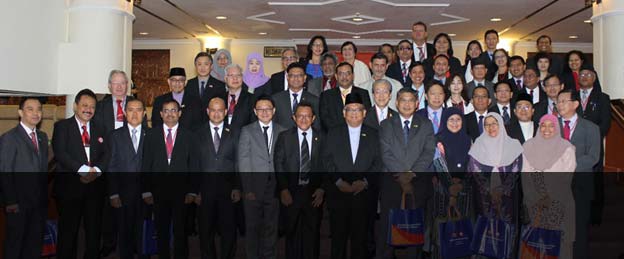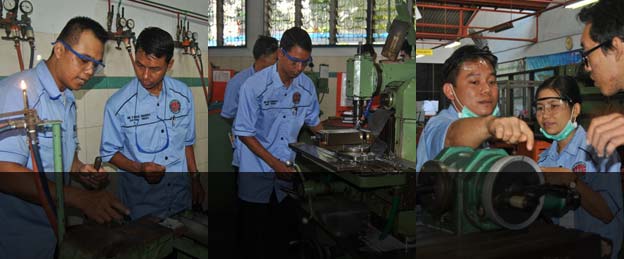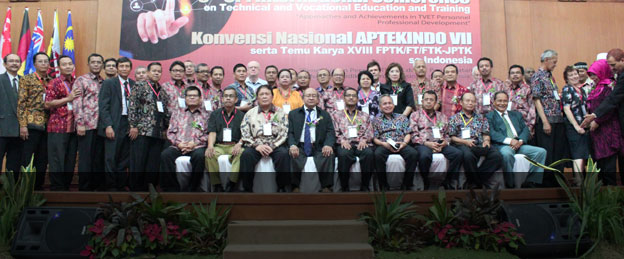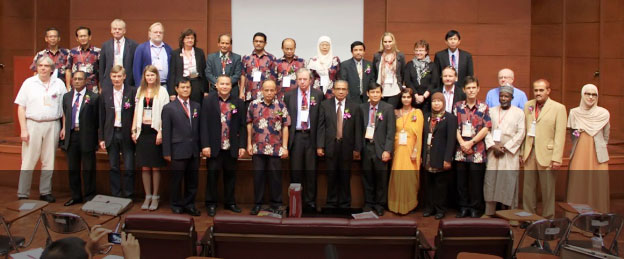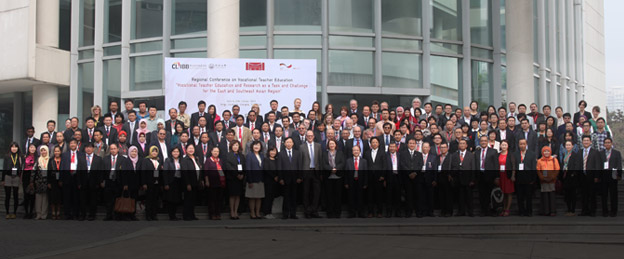With the ever-evolving landscape of industry and technological advancements, the demand for a skilled workforce has become paramount. However, in many countries, especially in the global South, TVET plays a minor role in this regard: Large parts of the employees in industry often lack vocational qualifications, so that skills development takes place primarily on-the-job – while public TVET in particular is considered to be of little relevance. Against this backdrop, this Special Issue looks in particular at how TVET is linked to very different industries (e.g. garments, electronics) in different countries. In conclusion, the authors contribute to highlighting best practice examples from their respective countries by also highlighting the relevance of TVET research and the role of teachers and trainers for ensuring that TVET can contribute to overall economic and social development.






